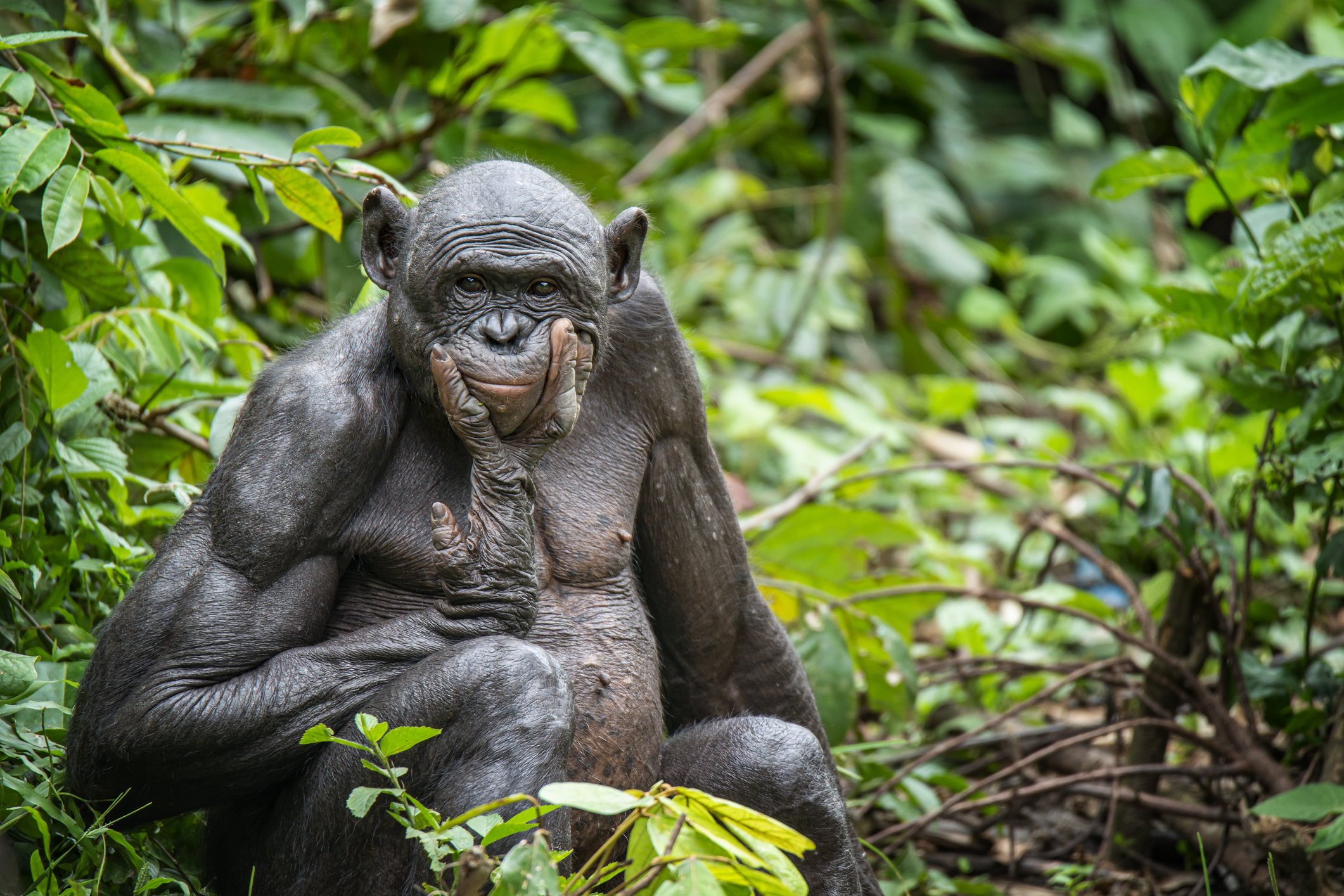Every few years the Democratic Republic of the Congo rises to international attention. Often this is due to a new round of fighting in the eastern regions of the country, with associated human rights violations. This time, however, Congo’s resources are in the spotlight as nations scramble to secure access to some of the world’s largest and richest deposits of critical minerals ranging from battery metals to rare earths, gallium, germanium, and others vital to “green” economies, national defense, and slowing climate change.
The major “bidders” at the moment include China, Saudi Arabia, and the United Arab Emirates. China of course has been present in the DRC for decades in the mining industry with activities ranging from blatently illegal to merely controversial, as is the case with Tenke Fungurume, one of the world’s largest copper and cobalt mines. In 2006 China entered into an “infrastructure for minerals” agreement with the then-government of Joseph Kabila. Under the terms of this agreement, China built some roads, repaired some airport tarmacs and some government buildings – mostly in the eastern part of the country and in the mineral rich Katanga province. The Congolese people were unhappy with these arrangements as few jobs were created and those which were, involved menial labor. Due to the cheap materials used several projects were of short duration: perhaps the most famous was the road connecting the Bukavu airport with the city, which began eroding and collapsing in places even before the entire project was completed. In exchange, China received some of the richest copper concessions in the Katanga province and rights to other mineral holdings throughout DRC. In 2022 China’s Zijin Mining Group launched a bid to take over the Manono lithium/tin concession being developed by an Australian company and in 2023 was awarded development rights when the DRC government said the Australians had been moving too slowly. The award was revoked, however, and China now is contesting that decision.
In 2021 Saudi Arabia signed a general cooperation agreement with the Tshisekedi government and in January 2024, at the Future Minerals Forum in Riyadh, the two countries signed an MOU governing cooperation in developing Congo’s mineral wealth. Through its Private Investment Fund (PIF) Saudi has established a new vehicle, Manera Minerals, 50% owned by PIF and 50% by the state-owned mining company Ma’aden to actively work on sourcing critical minerals outside of Saudi to support the Saudi 2030 transformative development vision. Manera is charged with taking equity positions in existing companies thereby accelerating Saudi’s access to critical minerals. Unlike the Chinese, the Saudis enjoy a positive public perception. Saudi is seen as a role model and teacher for utilizing natural resources to enrich and develop countries – a major goal for African nations – and also has the resources to invest even during market downturns when commodity companies tend to pull back, thereby ensuring that projects continue to be developed regardless of external pricing constraints. Saudi’s recent agreement with the DRC envisions up to $2 billion in investments in the mining, transportation and infrastructure sectors. Crucially, the MOU envisions investment in processing and refinement of mined products, supporting a long-desired value-add for Congolese mining.
In 2023 the UAE signed a $2 billion deal with one of the DRC’s state mining companies, Sakima, to develop up to 4 mines in South Kivu and Maniema provinces. Sakima has mining concessions for tin, tantalum, tungsten and gold in those areas: another state-owned company, Gecamines, controls copper in Katanga. This broader agreement followed an initial partnership for Primera Group, a UAE firm, to export at preferential rates artisanally-mined gold, coltan, tin, tantalum and tungsten. This agreement supports the DRC Government’s desire to professionalize artisanal mining and ensure miners are getting a better return for their efforts. The DRC also hopes the deal will help strangle access by the militias to the area and cut-off their access to funds supporting continued violence in Eastern Congo.
Russia also is stepping up its interest in the DRC. Russians, like Chinese, have been in the Congo for decades mostly smuggling arms into, and minerals out of, Eastern DRC. Elements of the Wagner Group reportedly had trained and partnered with some of the militias in the area to more directly (albeit still illegally) exploit Congo’s mineral wealth. In the last six months, following the death of Wagner Group leader Yevgeny Prigozhin, Russian military activities have increased and Russian political influence is emerging. The recent civil unrest in DRC’s capital, Kinshasa, which saw several days of sometimes violent demonstrations in front of the US and European Embassies as well as the UN offices, is believed to have been spurred by Russia. During the Cold War in the 1960’s the DRC had been a strategic site for both the US and Russia: as a bid to keep Russia from increasing its influence in DRC the US supported the rise of then-Sargent Mobutu. It appears that access to critical minerals in the DRC may be fueling another Cold War-style intervention in Africa by Russia – which has offered its military support to several African countries to enable governments to “suppress unrest.”
Meanwhile, what are the US and European countries doing? Very little. Even though by some estimates approximately 70% of the crucial critical minerals are in an arc spanning Central Asia to Africa, and even though in many countries the US remains the preferred partner (when possible) there, so far has been little apparent effort to support US businesses to develop and secure the resources needed for economic transformation and national defense.




Leave a Reply